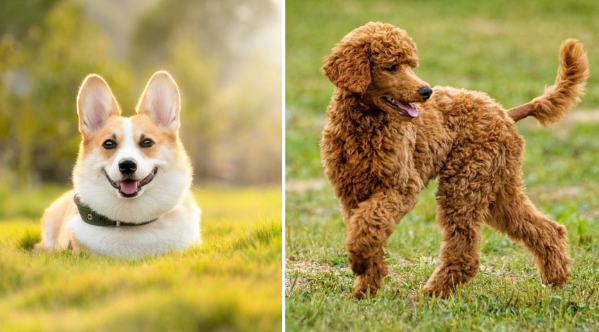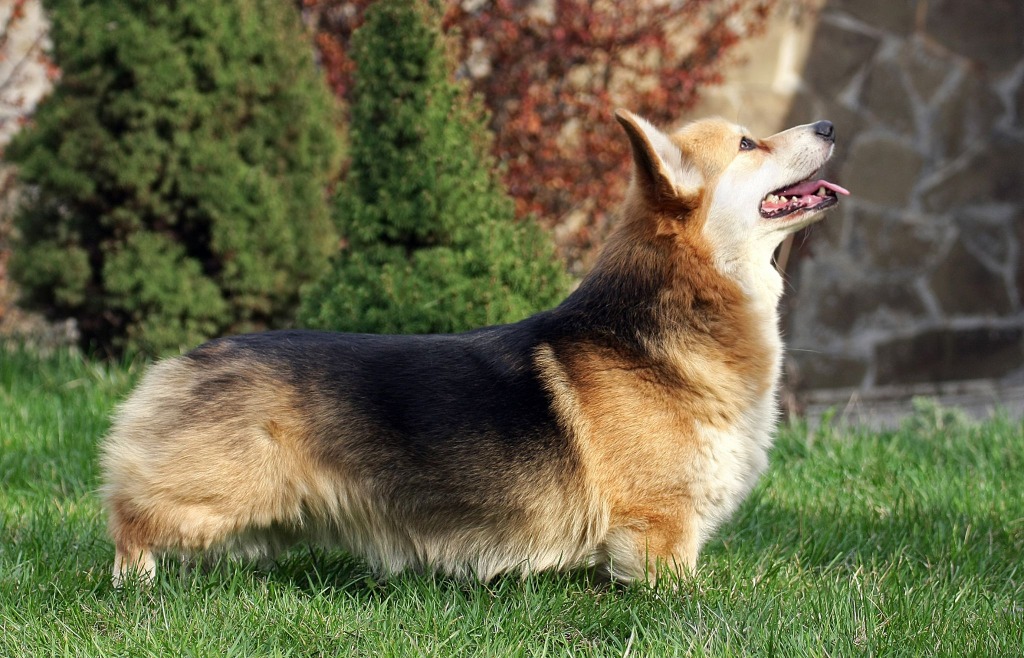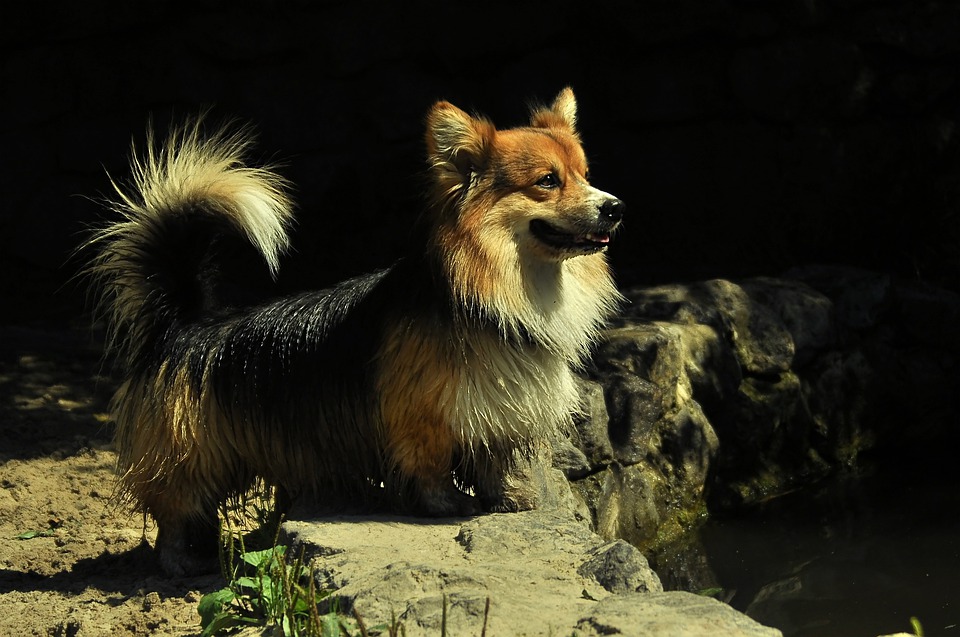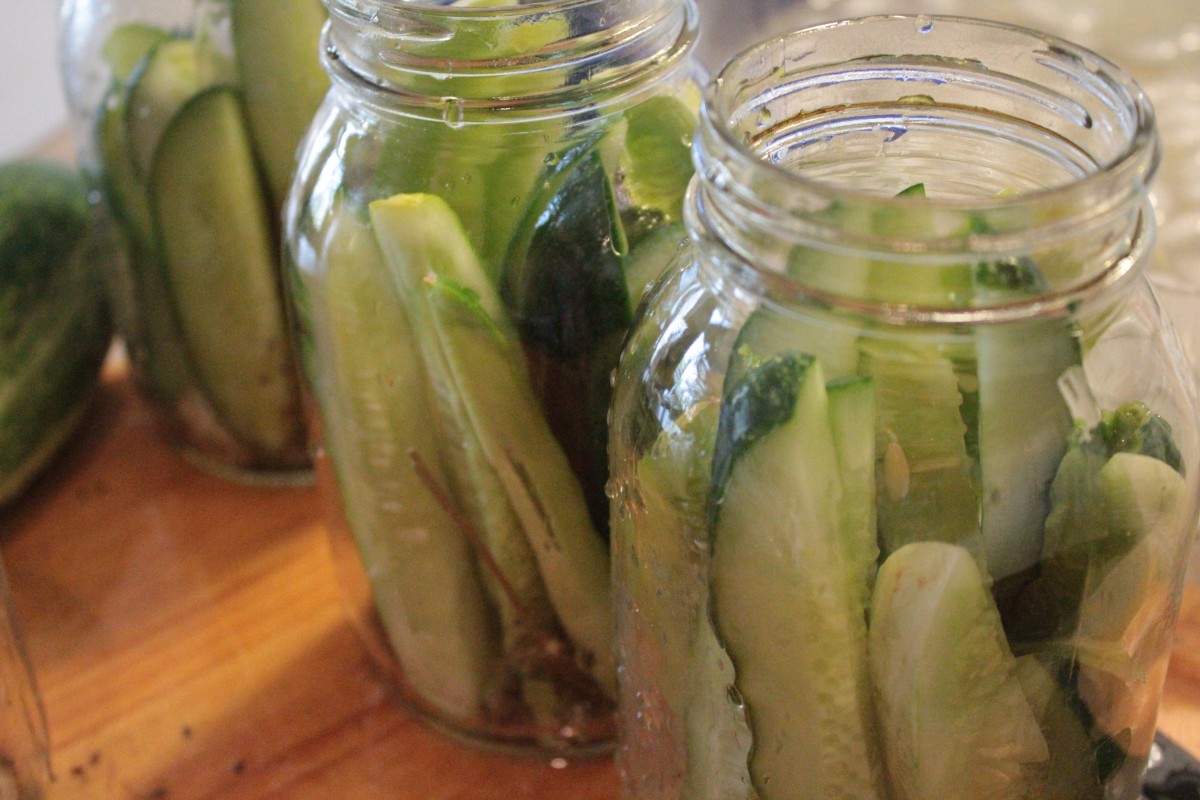Are Corgis Hypoallergenic? (Everything You Need to Know)
So many of us avoid getting a pet with the fear of catching those scary allergies. Allergies can harm your health in profound ways. Not every pet owner is allergic, but if you think of yourself as someone who does not want to get involved with pet allergies but still want a pet, we would suggest you not get one or consider other pet animals.
So many breeders claim that there are a few dogs breeds that are Hypoallergenic. Now, what does this term mean? Let’s find out.
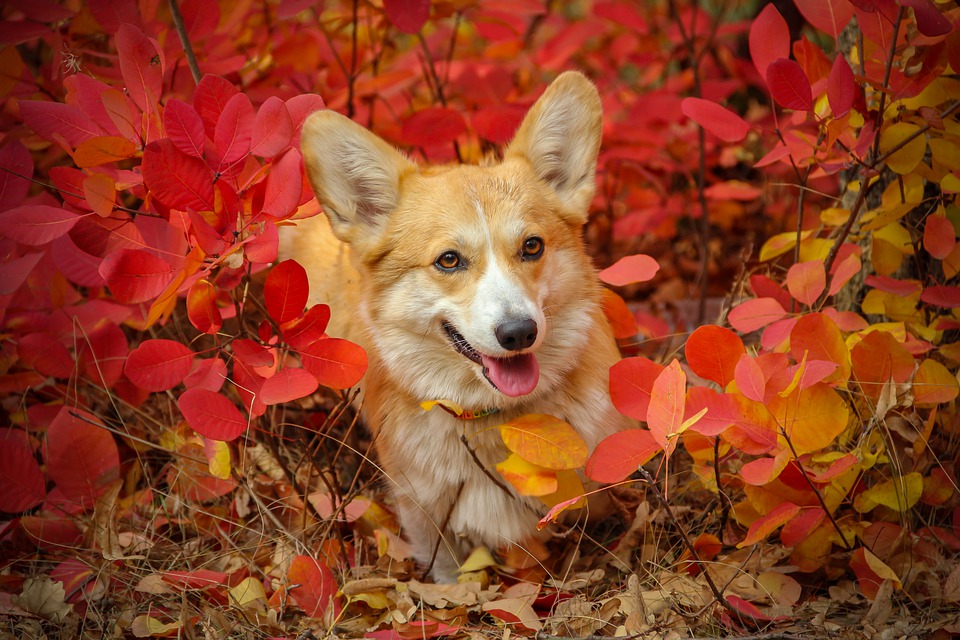
Hypoallergenic Pets are those pets that are totally free from allergens and would most probably not give you any type of allergies. Many breeders nowadays practice different kinds of breeding process to produce hypoallergenic animals. But the answers to some questions like “Are hypoallergenic breeds real?”, “Can all dogs be hypoallergenic?” are still unanswered.
One thing which you need to know is that no breed can be fully hypoallergenic. So if some breeder claims otherwise, do not trust them. But hypoallergenic is still a thing to be considered. Some breeds such as Afghan Hound, American Hairless Terrier, Basenji, Bedlington Terrier, Bichon Frise etc come under the list of hypoallergenic dog breeds. Such breeds are considered by some families who are allergic to pets. And having such a breed helps them a lot.
Now that we know the basics about the term Hypoallergenic, we will talk about its connection with the breed Corgi.
Are Corgis Hypoallergenic?

No, Corgis are not hypoallergenic. They are observed as dogs that shed a lot of bodily hair. And the chances of getting allergy from them is high. Corgi fur might get into the areas that you have never thought of. You might find their fur in your bedroom, washroom, on your clothes, hair and food even. It gets a bit intolerable to have such a mess at your home and thus, most professionals do not recommend people who have allergic bodies to get a Corgi.
Keep in mind that, even if you have a dog that does not shed so much or at all, he might bring dust and other allergic elements to your house along with his furry body.
Note- There are two different types of Corgi breeds and they both are Non- Hypoallergenic Breeds.
What should I do if I am allergic to Corgi?
Allergies are typically treated with therapy, sprays, creams, or by simply avoiding pet dander. Unfortunately, allergies are impossible to “get rid of” since they can appear at any time and fade away.
Sometimes people abandon their Corgis after realising a sense of reaction or allergy. It is very saddening to see pets getting abandoned like this because they have a right to live with someone willing to care for them.
If you are thinking of getting a Corgi, it is essential to get yourself tested and know if you have any allergies to pet fur.
Consider a Mix Corgi
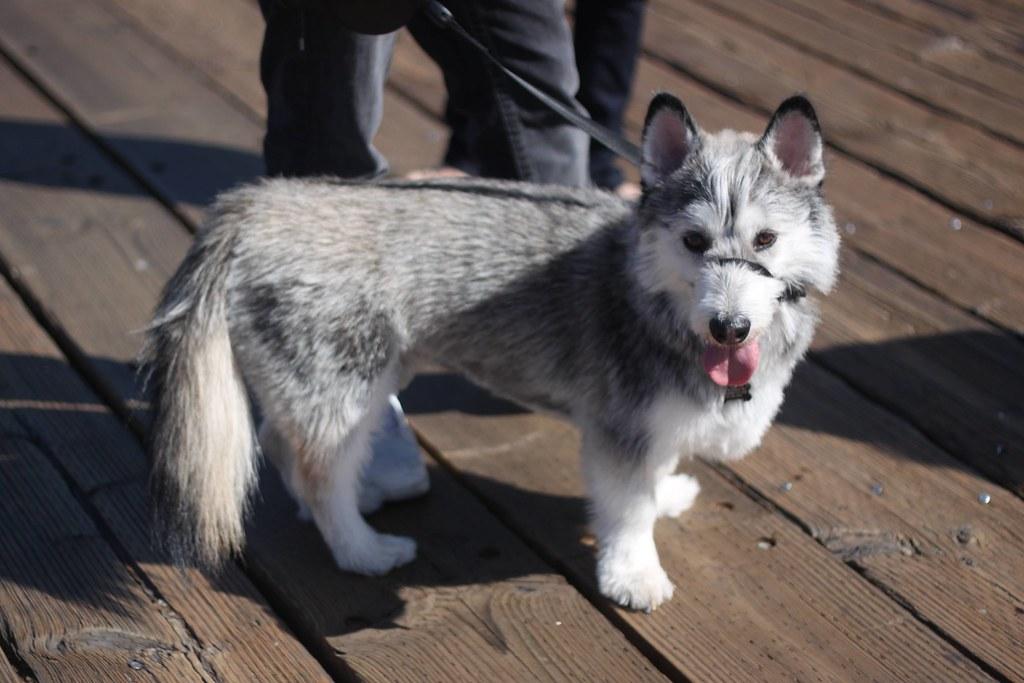
Despite the fact that corgis are ideal and unique in their ways, such as being gentle, fun, brave, loving, energetic, and incredibly smart, they do not have the characteristic of a low-shed coat.
If you think you could be allergic to a Corgi, you can go in for other options that do not shed much. Getting a Corgi-Mix is also a good idea for those who suffer from allergies almost every day but need a breed like a Corgi. There are a variety of corgi mixes available that may shed less than a purebred corgi. In addition, you may research various mixed breeds.
One should always keep in mind that it is always better to consult a breeder or a vet before getting a dog breed. They can tell you about the pros and cons of a particular dog, and it also gets more accessible for you to choose which breed will be the perfect fit for you and your family.
Other breeds work well with sensitive people if they can’t get a corgi because of specific allergies.
- Poodle
- Shih Tzu
- Afghan Hound
Do Corgis produce dander?
Yes, Corgis do produce a lot of dander as they shed a lot and have two coats. Dander formed by the dog increases in proportion to the amount of shedding. Dander is a term used to describe the skin flakes that fall off a dog’s dead skin. These are the allergens that most often cause an allergic reaction.
How to Keep Corgis Safe From Allergies
If you are allergic to dogs but have decided that you want a Corgi, Here are a few things you can do to help alleviate your dog allergy.
Regular Baths

Bathing your Corgi regularly is enough to keep him free of allergies. Veterinarians now recommend Anti-allergic shampoos to keep dogs free of allergens and dangerous bacteria. Corgis should be bathed once every four to eight weeks. Bathing not only keeps the bacteria at bay but also helps to minimise shedding.
Regular Brushing
Brushing is one of the most common practices done by various pet owners to get rid of those dead hair, which could cause allergies later. Dog combs come in several different sizes, and you can easily get them online and choose the one according to your Corgi’s hair density. Brushing of hair is something that should be done at least twice a day to keep your Corgi’s hair shiny and healthy throughout the shedding period.
Along with these, other things which involve good quality food, balanced diet, proper hydration and medications should also be well taken care of. Everything is indirectly connected to health. So make sure that your Corgi’s health is okay so that you could keep him away from harmful diseases and allergies.


